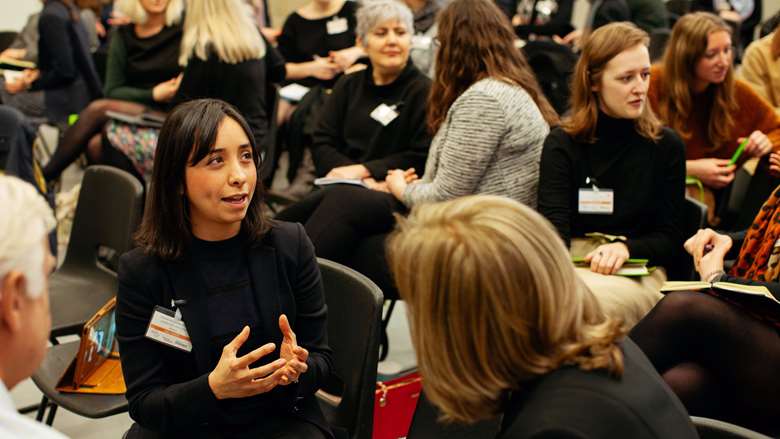Evolve: The young fundraisers forging a future for the arts
Florence Lockheart
Wednesday, March 6, 2024
With fundraising becoming an ever more essential skill within the culture sector, Young Arts Fundraisers has paired up with the Chartered Institute of Fundraising to offer a programme designed to nurture the next generation of fundraisers. This year’s participants – and their mentors – offer a behind-the-scenes look at how the scheme is helping them grow


Register now to continue reading
Don’t miss out on our dedicated coverage of the classical music world. Register today to enjoy the following benefits:
- Unlimited access to news pages
- Free weekly email newsletter
- Free access to two subscriber-only articles per month